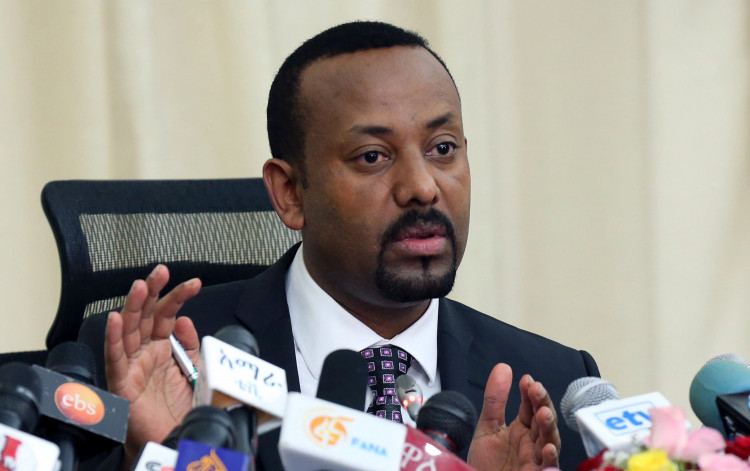Ethiopian Prime Minister Abiy Ahmed recently confirmed that the country will receive a $1 billion direct budget support from the World Bank. The Prime Minister added that the aid will be received by Ethiopia within the next few months.
The recent developments in Ethiopia came after more than 13 years when the World Bank and its donors agreed to suspend budgetary help to the country. The decision was levied following a highly disputed Ethiopian election of 2005. Prime Minister Abiy said that deal with the World Bank was reached due to the ongoing reforms being done in his country.
Aside from this recent development, Prime Minister Abiy also announced a series of changes both politically and on the economic standpoint. Following his successful ascend to office in April, he promised the people of Ethiopia a clean and free election in 2020. Ethiopia has more than 100 million people.
The promise of the free election came despite the fact that the longtime ruling Ethiopian People's Revolutionary Democratic Front (EPRDF) won all the parliamentary seats during the country's last election.
According to reports released by the World Bank and the International Monetary Fund, Ethiopia has been one of the fastest growing economies in Africa. Prime Minister Ahmed has also mended the stained democratic ties between Ethiopia and its neighbor Eritrea after two decades. The 42-year-old Prime Minister also promised to open state-owned companies to outside investments as well as the release of thousands of prisoners.
The reforms imposed by the new rulers of Ethiopia have been praised by the international community. Moreover, it has attracted investors into the country.
As part of its ongoing effort to put Ethiopia back into the international consciousness, Prime Minister Abiy has been busy meeting with some of the world's top political and economic class. He met with top World Bank officials in Washington DC and he also visited three states in the United States. During the same trip, he also met with top officials of the International Monetary Fund.
While much of Ethiopia has been positive about the recent changes, some pockets of the country have experienced ethnic unrest. An issue deemed by the current administration as a major challenge to progress. According to the figures released by the United Nations, more than 2.8 million people have been displaced because of this ongoing ethnic unrest.




